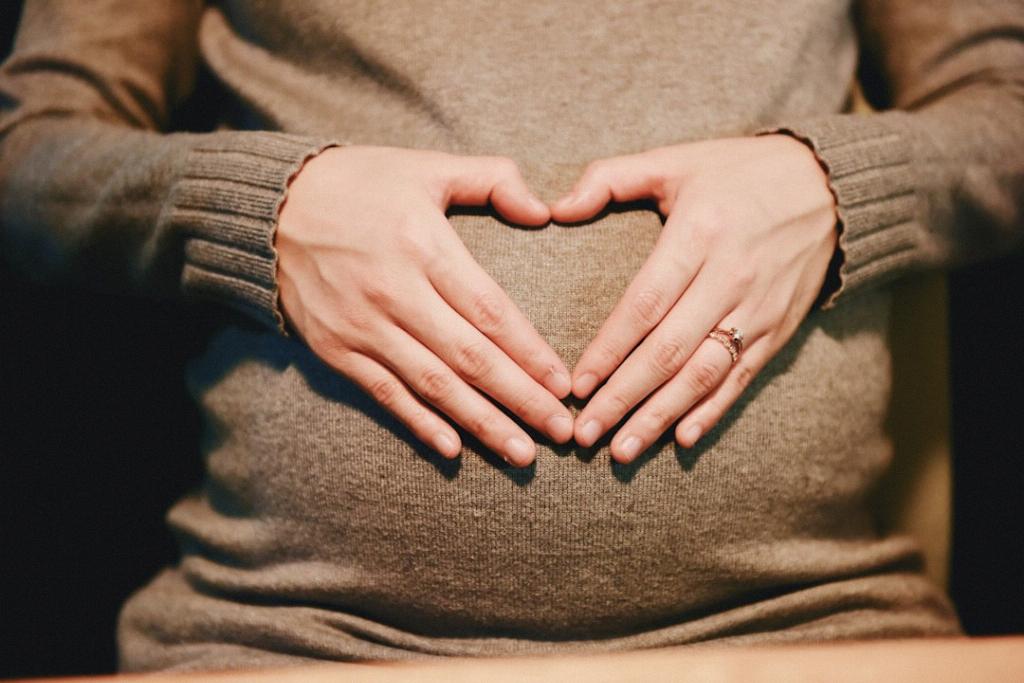When faced with the situation where you are pregnant and your child has contracted chickenpox, it is natural to feel concerned and unsure of what steps to take. However, it is essential to remain calm and take the necessary precautions to ensure the health and safety of both yourself and your unborn baby.
The first and most crucial step is to consult with your healthcare provider immediately. Inform them of the situation and seek their guidance on the best course of action. Your healthcare provider will be able to assess the risk to both you and your baby and provide personalized recommendations based on your individual circumstances.
If you are not immune to chickenpox and come into contact with the virus through your child, your healthcare provider may recommend receiving an injection of varicella zoster immune globulin (VZIG). This injection can help strengthen your immune system temporarily and reduce the severity of the infection.
It is important to note that VZIG should be administered within 10 days of exposure to chickenpox to be most effective. Therefore, seeking medical advice promptly is crucial to ensure timely intervention.
In addition to seeking medical advice, it is essential to monitor your symptoms closely if you develop any signs of chickenpox after exposure. Symptoms of chickenpox in adults can include fever, fatigue, and the characteristic itchy rash.
While managing chickenpox during pregnancy can be concerning, it is important to remember that most pregnant women who contract the virus do not experience severe complications. However, being proactive in seeking medical guidance and following recommended protocols is essential to minimize any potential risks.
During this time, it is crucial to focus on self-care and rest to support your immune system in fighting off the infection. Ensure you stay hydrated, get plenty of rest, and follow any additional recommendations provided by your healthcare provider.
It is also advisable to avoid contact with others who may be vulnerable to chickenpox, such as young children, elderly individuals, or individuals with weakened immune systems. Taking precautions to prevent the spread of the virus is essential in protecting those around you.
If you are experiencing severe symptoms or complications related to chickenpox during pregnancy, it is vital to seek immediate medical attention. Your healthcare provider will be able to assess your condition and provide appropriate treatment to ensure the health and safety of you and your baby.
Remember that every pregnancy is unique, and individual circumstances may vary. Therefore, it is essential to follow the guidance of your healthcare provider and prioritize your health and well-being during this challenging time.
In conclusion, if you are pregnant and your child has chickenpox, it is crucial to seek immediate medical advice, monitor your symptoms closely, and follow the recommendations provided by your healthcare provider. By taking proactive steps and prioritizing your health, you can navigate this situation with care and ensure the best possible outcomes for you and your baby.

